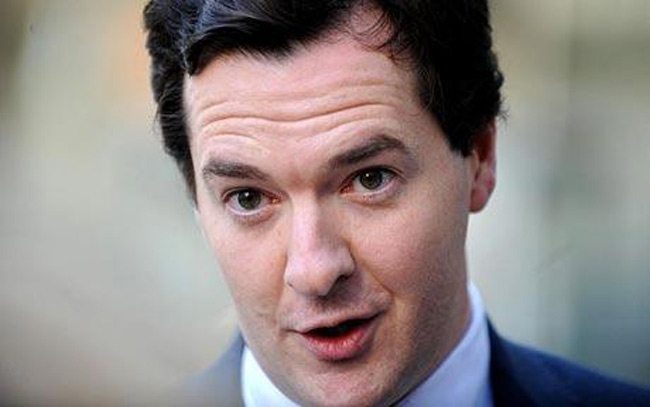George Osborne just met his full year borrowing target in 2013-14, with the UK deficit falling to its the lowest level since the beginning of the financial crisis, reports The Guardian.
Government borrowing totalled £107.7bn in the fiscal year to the end of March 2014, scraping in just below the £107.8bn target outlined by the Treasury’s independent forecaster, the Office for Budget Responsibility (OBR), in last month’s budget.
The chancellor was able to meet his target thanks to an unexpectedly sharp fall in borrowing in March to £6.7bn, from £11.4bn a year earlier.
City economists had expected Osborne to miss his target, forecasting a full-year deficit of £110bn.
Full-year borrowing as a percentage of gross domestic product fell from 7.4 per cent in 2012-13 to 6.6 per cent, which was the lowest since 2007-08 according to the figures from the Office for National Statistics.
The data was a further boost for the chancellor, who has long argued that cutting the deficit is central to building a long-term sustainable economic future for Britain.
Howard Archer, chief UK economist at IHS Global Insight, said: “While in reality it made little difference whether the Chancellor just hit or just missed his fiscal target for 2013/14 the fact that he did make it provides a psychological boost for the government and it may support belief that he can hit his longer-term targets.”
The OBR has forecast a declining deficit in every year of its forecast horizon, with borrowing falling to £95.5bn in 2014-15 before achieving a surplus of £4.8bn in 2018-19.
Osborne will be hoping to fight the 2015 general election campaign on the grounds that the economy is safe only in the hands of the Conservatives, helped by a backdrop of growth and as wage growth begins to outpace inflation, easing the burden on household budgets.
Minutes of the April meeting of the Bank of England’s Monetary Policy Committee showed members thought it was “possible” that a sustainable recovery and real wage rises were on the way.
All nine members voted in favour of leaving interest rates on hold at 0.5% and quantitative easing unchanged at £375bn.


